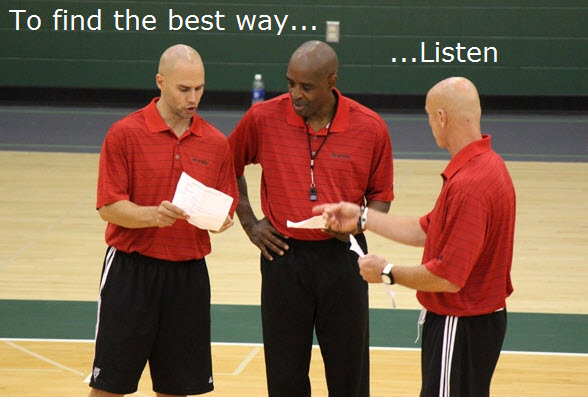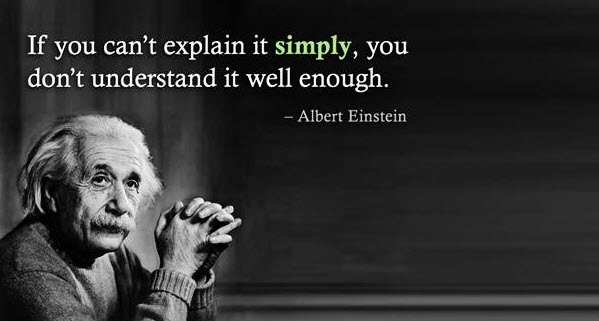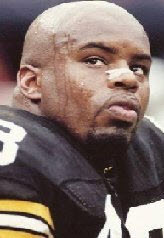Listening to the Other Guy

Henry Ford wrote: “If there is any secret of success, it lies in the ability to get the other person’s point of view and see things from that person’s angle as well as your own.”
 The best leaders I have known do this very well.
The best leaders I have known do this very well.
I served on two cabinets in my educational career. One was led by our high school principal, Bishop Roger Kaffer and the other by our college president, Dr. Jack Orr. Both were exceptional leaders who did not push their respective points of view. They wanted to hear from everyone on the cabinet. They knew they had to make the final decision, but they strived to find the best solution.
Both the Bishop and Jack were much like Coach John Wooden who put it this way. He would tell his assistants the following. “Joe, I am not interested that we do it your way; Tom I am not interested that we do it your way; and equal to that, I am not interested that we do it my way. But among the three of us, can we find the best way.”
I know I always respected the Bishop and Jack for their willingness to really listen to the other guy’s point of view and I think there is the great value in giving others the opportunity to give their insights. That value is that the leader gains the genuine respect of the people on his/her team.
I may not have agreed with the final decision the Bishop or Jack made, but I never had any problem supporting it when we left the meeting because I had every opportunity to give my thoughts and I always respected that as the leaders, they had to make final decision.
I found the same thing in my coaching. At halftime of games, I would go off by myself to make decisions on the adjustments we could make for the second half while my assistants got together to do the same thing. We would then come together and give our opinions. There were times when I felt their thinking was better than mine and I went their way, just as there were times when I overruled them and went my way.
The bottom line was that never once after a game was over and we lost do I remember my assistants telling me how wrong my decision was or me saying that to them. I believe they knew how much I respected them and their decision-making and they knew I had to make the final decision.
Respect. Quality organizations develop respect between the leader and his / her team.
And they do that by seeing things from the other person’s point of view.






